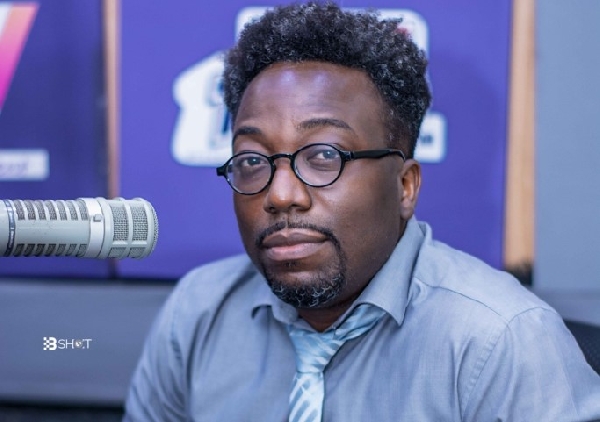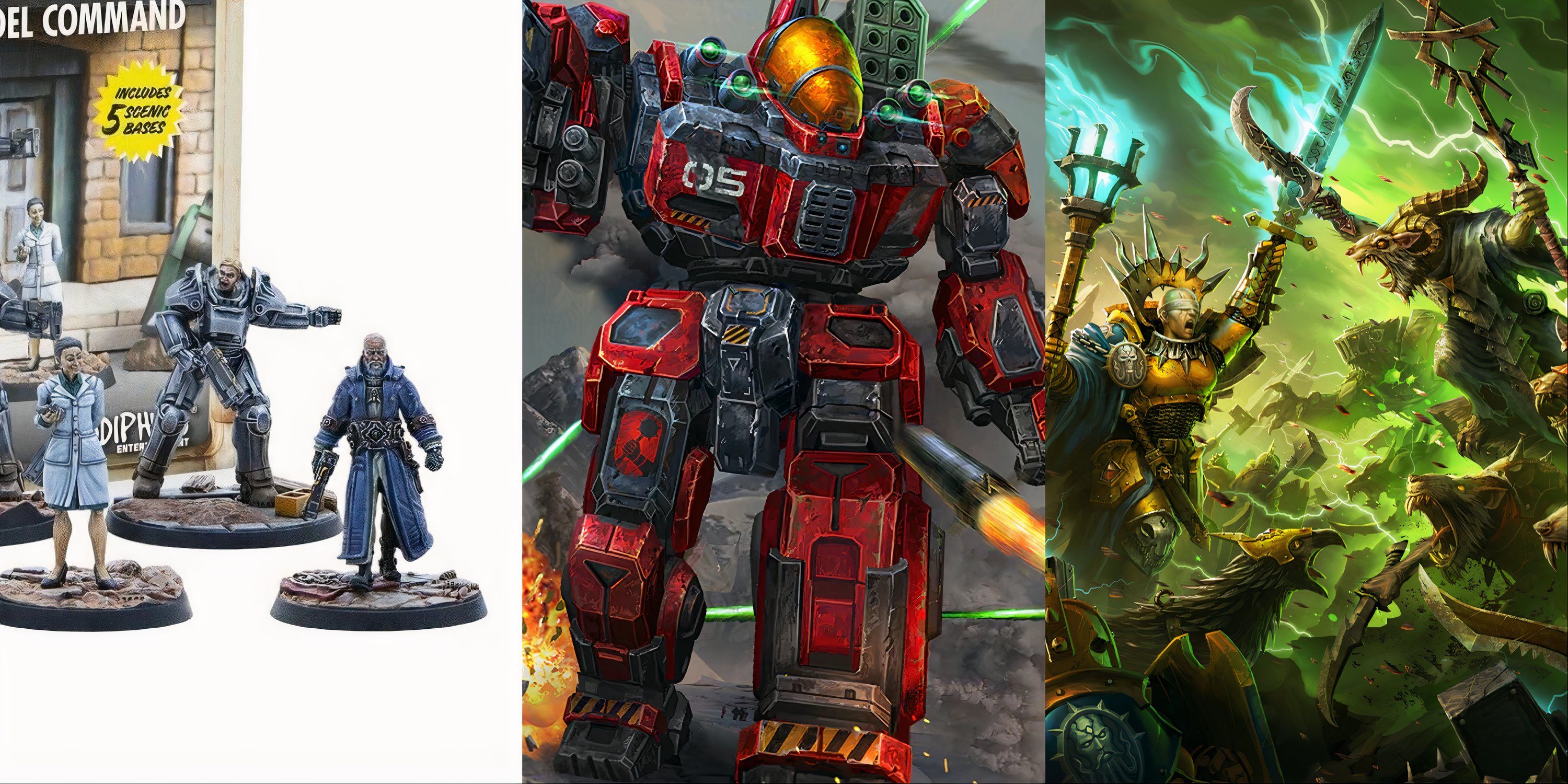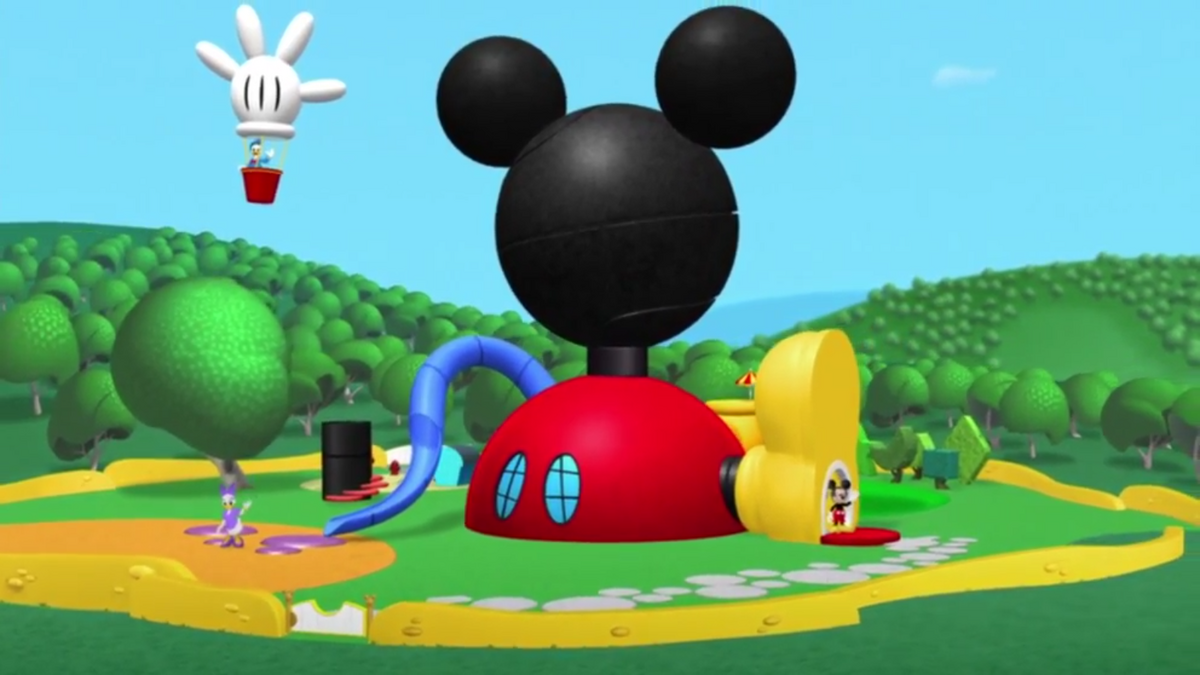Shane Battier: 'LeBron James did something twice that Jordan I don't think could have done once. He won two NBA titles with Shane Battier as his starting power forward' | HoopsHype
Source: YouTube


Micah Adams @MAdamsStatGuy
Tyrese Haliburton is the ONLY player with three go-ahead shots in the final 5 seconds in a single postseason.
He’s got more of those in the 2025 postseason than Kobe Bryant had in his entire career.
Since play-by-play began in 96, LeBron is only player with more than Hali. – 11:47 PM



Jorge Sierra @hoopshype
LeBron James in the 2015 NBA Finals: 17.09 percent of all the points, rebounds, assists, steals, and blocks in the series.
The largest share in the Finals since 1950.
The largest share in a loss. pic.x.com/J07wDgZcVr – 11:20 AM



Jorge Sierra @hoopshype
LeBron James has led the NBA Finals in one of the main counting stats 24 times – more than anybody else in league history.
(Bill Russell is No. 6 here on record, but he’d probably be No. 2 if they had kept track of blocks back in the day.) pic.x.com/hFYoEU5zkQ – 9:57 AM

While appearing on The Main Event with Andrew Marchand podcast (via Awful Announcing), ESPN’s lead NBA producer Tim Corrigan talked about some current players he would like to see in the broadcast booth. He seemed “hopeful” James, Curry, and Chris Paul would eventually go down this path. “We’re hopeful,” said Corrigan. “You talk about those two guys [James and Curry], besides their insane physical gifts and talents and all the work they’ve done, their basketball minds, we would all benefit from more exposure to that, right? And I would say somebody like Chris Paul, who did a little bit with us last year, coming in and jumping in the studio and doing all that, just to spend the time, to see how they see the game and feel the game and recognize, there’s so many stories about LeBron knowing the call the other team’s making and telling his guys on the court, ‘Here’s what they’re going to do’ based on who’s coming on the court. -via Clutch Points / June 6, 2025
Shane Battier: We were just very, very poor. I was the only kid in town who had a Black dad and a white mom. So, in an elementary school of 500 kids, I was the only Black kid. I got a pick on picture day—everyone else got a comb. On Martin Luther King Day, I was expected to know everything about Black culture from the dawn of civilization. And I was a foot taller than everybody else. So, I was the kid who always had to carry a birth certificate with him to the Little League game. I was an outcast wherever I went—mixed, tall, and poor. The only place I really felt at home was at recess: playing kickball, dodgeball, basketball, baseball—all the sports. And I realized that when I helped my friends win, I wasn’t the poor kid, the mixed kid, the tall kid. I was just the kid who helped my friends win. I didn’t care about what I did or how I looked. All I cared about was: did we win, and did I help my friends win? So, I was going to do whatever it took—whatever it took to make sure my friends looked good and that we won. I took that lesson from kindergarten. It was born out of desperation. It was born out of just—I want to be loved. I want to be accepted. That’s what put the dog in me—to just be intense and paranoid and all those things.” -via YouTube / June 8, 2025
Shane Battier: So, during this particular locker room meeting, here I am, full of righteousness, coming from Duke—the Coach K way—and I’m the first one to stand up. I say, ‘I gotta be honest, the veteran leadership on this team sucks.’ Very honest, very direct. And they said, ‘Hey, Duke boy, shut the fuck up. Go sit in the corner. Who are you?’ And I was just like, ‘Oh, man.’ I did not read the room. It humbled me. I realized I couldn’t come in guns blazing, because there’s kind of an ethos, a creed—an unspoken locker room path you’ve got to walk to earn credibility. I hadn’t done that yet. So I shut my ass. I went to work. But I didn’t become cynical. I didn’t become jaded. I wouldn’t allow that locker room to change me. So I kept working. And a funny thing happened. The guys who were maybe on the fence, who didn’t know how to act or how to win, started to develop winning attitudes and behaviors. All of a sudden, you kind of feel the locker room begin to shift. We started to believe a little bit. -via YouTube / June 8, 2025
Shane Battier: My last year—when I was told without being told that our best chance of winning doesn’t include you, Shane. When Spo started to sit me in the fourth quarter. Nothing was worse to me than that. Sitting in crunch time—that was my identity. That hurt me to my core. That’s when I knew I was done. I was embarrassed. I was embarrassed. I checked out. And I was cynical. So when I retired, I was very cynical. And I was sad—but I was also cynical.” Pablo Torre “What does cynicism mean at this point in your trajectory?” Shane Battier “I shut people out. I was probably battling some depression. I didn’t know what depression was. I’d never had this feeling before. But I felt very isolated. I didn’t feel like anyone understood what I was going through. I felt very alone. And I pushed people away. I pushed my wife away. I pushed my kids away. I was just a jerk. I wasn’t doing destructive things—I wasn’t drinking every night—but I was emotionally unavailable. I was hurt. I was pissed off. I had all these emotions I had never associated with basketball. And it was a big mistake to go work for ESPN. I was really bad on TV. You could probably go on Awful Announcing and find some Shane Battier lowlights. I had zero passion for it. Zero.” -via YouTube / June 8, 2025











